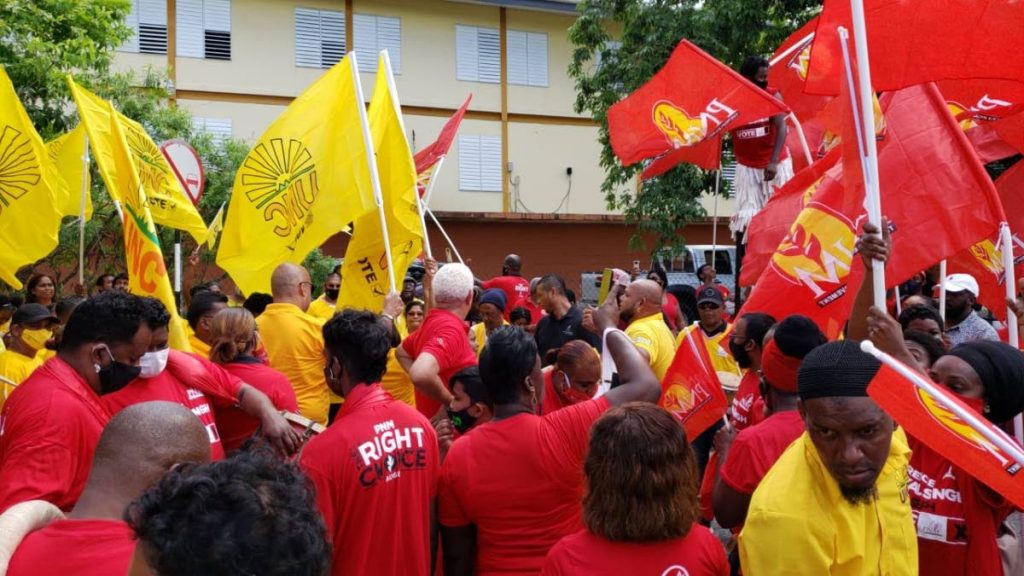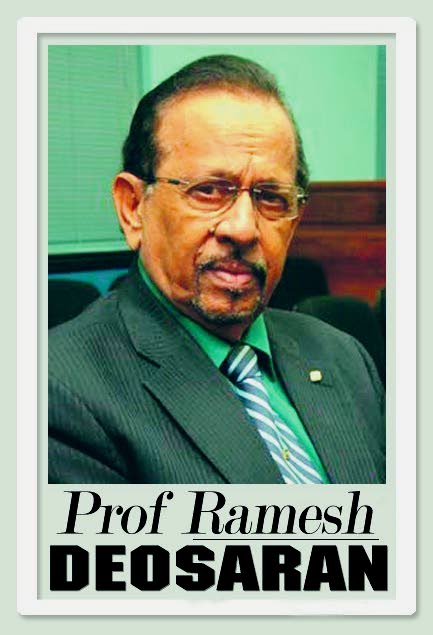Backdoor democracy

Given the highly-publicised, hand-shaking, promises-rich walk-abouts by contesting political candidates, two issues relating to our democracy come to mind: (1) The limited power of the vote (2) The failure of political representation. Both appear to create a backdoor democracy.
A vote is a serious responsibility and sacred trust, the heart of our democracy. Accordingly, those elected have a direct responsibility to serve and account.
Now, out of the 72 in our law-making Parliament only 41 are elected, that is, to the House of Representatives. Thirty-one are nominated to the Senate.
Note: Twenty-one or more elected can form the government. So as far as a citizen’s vote is concerned, only 21 of the 72 in Parliament can practically govern the country.
More than these non-elected senators, there are hundreds of people who, though not elected, get appointed without parliamentary screening to high-policy-making, state boards or oversight positions. And from experience and present promises, such non-elected people naturally come from the party winning the election. This makes the absent screening/disclosure process a serious matter of both suitability and accountability. In this sense, the citizen’s vote becomes critical while being diminished in its power for representation.
A Facebook post stated: “Fair elections are vital. People elect 41 for Parliament. How many get in without being elected? Or get in even when lost the election? This good or bad?”
To make a politician a law-making senator, or more seriously, a minister handling taxpayers’ money after he or she loses an election, is an insult, a betrayal of the citizen’s vote: even a heavy slap in the face of democracy.
No wonder late President ANR Robinson stalled then PM Basdeo Panday from appointing as senators two candidates who lost elections. The principle is sacred.
Worse yet, if these backdoor appointments contain people who have or had serious allegations of misconduct or corruption against them. Last week, Kamla Persad-Bissessar, to help ease in-party tensions, promised “there are thousands of places to fill after we win.” She knows patronage breeds corruption.
Of course, we have talented, honest citizens who have been left out by one regime or another. So while “places” must be filled, a more transparent, accountable and vote-respecting process must now be put in place. There is the good, bad and ugly to backdoor democracy. Don’t say you weren’t warned.
These walkabouts by contesting candidates appear to be democracy on wheels, but for all practical purposes, a very short-lived one. Afterwards, meeting and getting required assistance from the elected politician, especially the minister, is like running an obstacle course. Unless, of course, you are high-ranking party-card member.
This is the “political culture” – a help-by-contact culture which everybody expects, shares and tolerates. The excuse that they, PNM or UNC, are busy does not hold much water if only they promised close and efficient constituency representation.
Fix the system to accommodate such promises, otherwise you were either lying, incapable or unfaithful to your oath of office. “Fix the system” means constitution reform so that “busy” ministers particularly do not have direct constituency obligations while elected non-minister MPs of all parties will have a budget of their own to negotiate for their respective constituencies.
We are over-governed in the wrong ways and too lazy to undertake required reforms.
Year after year, they complain about presiding officers, lack of political accountability, failed Integrity Commission and oversight bodies, escalating murders and serious crimes, praedial larceny, failed education system, etc, and yet when in office little or nothing is done.
Such ineptitude and inefficiency make room for self-serving shenanigans and backroom democracy.
Complaints about bad representation are very troubling and getting worse in a time of hardship.
One Facebook post stated: “While it may be hard for some but now is the time to tell your candidate what good you want them to do. You may never see them again.”
These short-term walkabouts make a farce of democracy. It is worse in constituencies or regional corporations with opposition MPs. Another test is to visit whether the MPs’ or regional corporation councillors’ offices are opened or closed.
Another Facebook post stated: “Want better representation? Get your constituency executive to have your candidate sign to do similar walkabouts every six or 12 months.”


Comments
"Backdoor democracy"